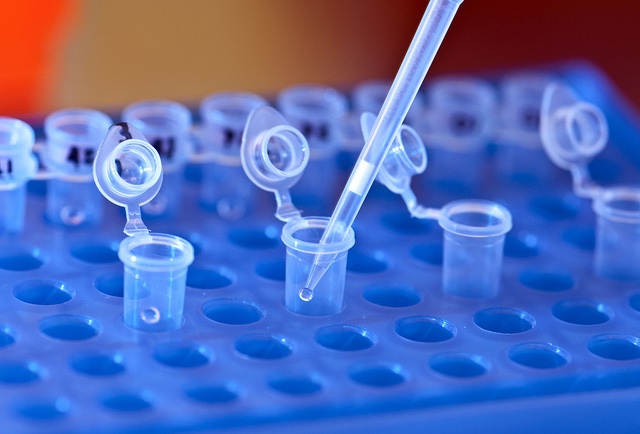Aggregated News

The creation of babies whose DNA has been altered to give them what parents perceive to be the best chances in life has received a cautious green light in a landmark report from a leading UK ethics body.
The Nuffield Council on Bioethics said that changing the DNA of a human embryo could be “morally permissible” if it was in the future child’s interests and did not add to the kinds of inequalities that already divide society.
The report does not call for a change in UK law to permit genetically altered babies, but instead urges research into the safety and effectiveness of the approach, its societal impact, and a widespread debate of its implications.
“It is our view that genome editing is not morally unacceptable in itself,” said Karen Yeung, chair of the Nuffield working group and professor of law, ethics and informatics at the University of Birmingham. “There is no reason to rule it out in principle.”
But the report drew immediate criticism from some quarters, with one lobby group accusing the authors of opening the door to...



